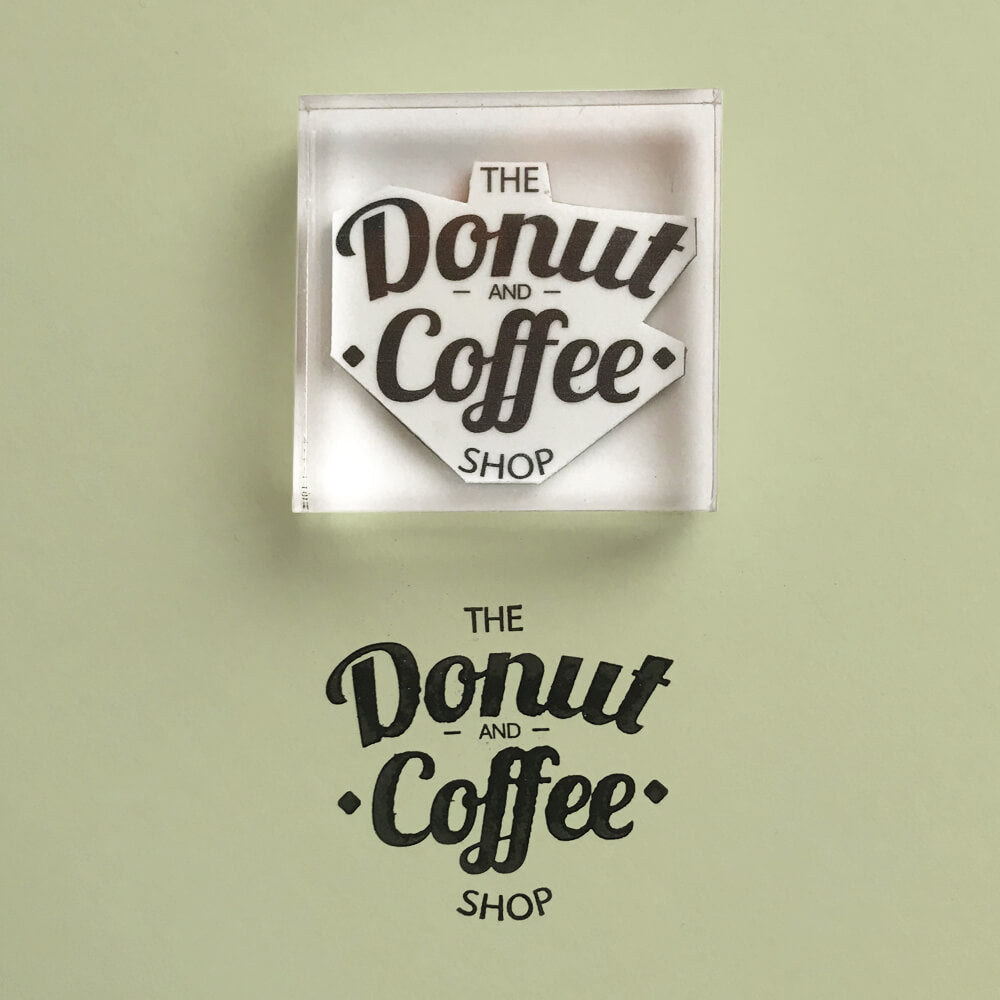The Versatility and Benefits of Foil Containers
In the culinary world, the importance of food packaging cannot be understated. It not only protects the food but also preserves its freshness. Among the many options available, foil containers have emerged as a popular choice for both commercial and home cooking applications. Their unique properties and versatility make them indispensable in various settings.
The Composition and Advantages of Foil Containers
Foil containers are typically made from aluminum, which is not only lightweight but also highly effective at retaining heat. One of the most significant advantages of using foil containers is their ability to withstand high temperatures. They can be used in ovens without warping or releasing harmful chemicals, making them a safer option compared to some plastic containers. Additionally, foil containers are recyclable, contributing to a more sustainable food packaging solution.
Moreover, aluminum foil has excellent barrier properties. It protects food from light, moisture, and oxygen, which are common culprits in food spoilage. Keeping these elements at bay means that meals prepared in foil containers can stay fresh longer, providing a convenient option for meal prepping and storage. This is particularly beneficial for restaurants and catering services that require reliable packaging for food delivery.
Versatility in Applications
The versatility of foil containers is evident in their various applications. They come in various shapes and sizes, suitable for everything from entrees to desserts. For example, deep-dish foil containers are ideal for lasagnas and casseroles, while shallow trays work perfectly for baking cookies and pies. This adaptability makes them a favorite among chefs and home cooks alike.
foil containers

In addition to their use in ovens, foil containers can also be used on the grill or even over open flames, making them perfect for outdoor cooking
. Whether it’s a barbecue or a picnic, these containers can hold everything from grilled vegetables to marinated meats. Their ability to retain heat means that food can be served warm without the need for additional plates or serving dishes, offering convenience and reducing clean-up time.Health and Safety Considerations
Health and safety are paramount in food preparation and storage. Foil containers are non-toxic and safe for food contact, which is essential especially in restaurants and catering environments. They do not leach harmful chemicals into food, as some plastic containers tend to do when exposed to high temperatures. Furthermore, foil containers can be tightly sealed with lids or wraps, providing an excellent way to prevent contamination and preserve freshness, which is critical in maintaining food safety standards.
Eco-Friendly Alternatives
As the push for sustainable practices continues in the food industry, foil containers often stand out as an eco-friendly alternative. Unlike many plastic products that contribute to environmental damage, aluminum is a highly recyclable material. Many municipalities have robust recycling programs that accept foil containers, helping to reduce landfill waste. Furthermore, the production of aluminum uses less energy when recycling compared to creating new aluminum from bauxite, making foil containers a more environmentally responsible choice.
Conclusion
In conclusion, foil containers offer a range of benefits that extend beyond mere convenience. Their ability to withstand high temperatures, excellent barrier properties, and eco-friendliness make them a preferred choice for food preparation and storage in various settings. Whether you are a professional chef looking for reliable packaging solutions or a home cook aiming for practicality, foil containers can meet your needs efficiently. As awareness of sustainable practices increases, foil containers are likely to remain a staple in the culinary world, proving that functional design and environmental responsibility can go hand in hand.



